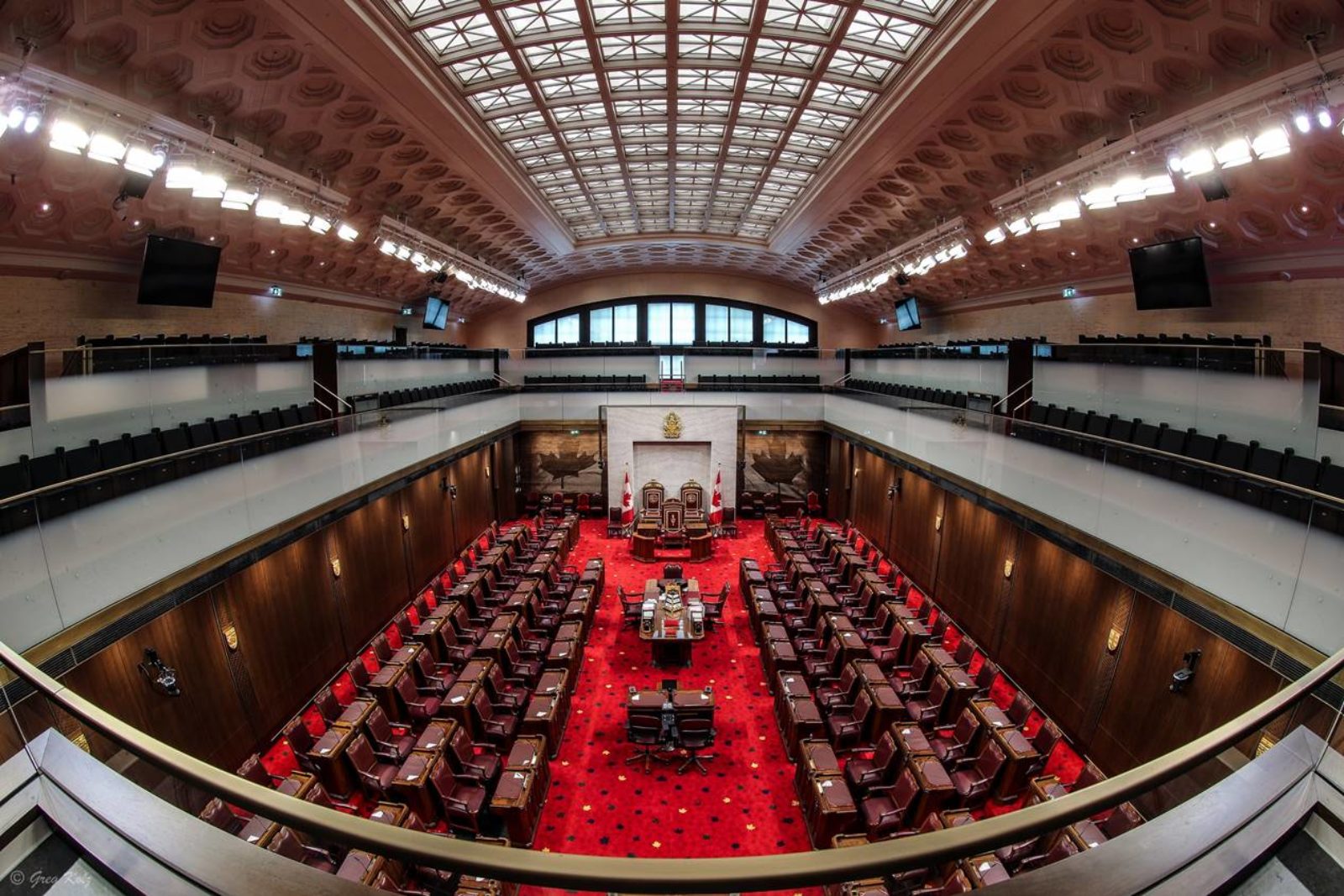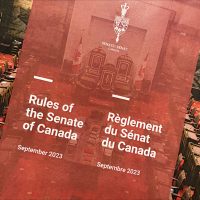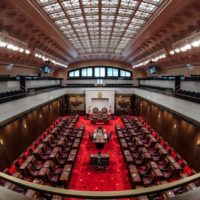
Senate Renewal
Canadians back new independent Senate appointment process: poll
Only 3 per cent of Canadians want to turn back the clock to the old, partisan appointment process, according to Nanos poll.
Canadians overwhelmingly support the new merit-based Senate appointment process that has created an increasingly independent institution, according to a new poll.
In December 2015, the current Government announced a new arm’s-length body to advise the Prime Minister on Senate appointments. Since then, 49 new independent Senators have been appointed based on the recommendations of an independent advisory board, while many more have left partisan caucuses in favour of independence.
Under the new system, Canadians can apply or nominate a potential future Senator for consideration.
A new Nanos poll, commissioned by independent Senator Donna Dasko, suggests that 77 per cent of Canadians want future governments to carry on with the new Senate appointment process. Only 3 per cent of Canadians want a return to the old partisan appointment process while the remaining 20 per cent are unsure.
“Canadians think the Senate is headed in the right direction,” Sen. Dasko said. “But we can’t be complacent. There is still work to be done to improve public perceptions.”
The poll also suggests that 81 per cent of Canadians believe the fact that new Senators are independent and not active in a political party is a good change. Newly appointed Senators no longer sit with established parties in the House of Commons, although Conservative Senators continue to sit in a national caucus.
Independent Senators are not directed how to vote, and as such can speak up more freely when reviewing legislation.
The move toward a more independent institution allows the Senate live up to its intended role at Confederation as a complementary body of sober second thought. So far this session, the Government has agreed with Senate changes to more than a quarter of bills.
This is just the latest poll conducted since the 2015 election that reveals strong public support for a more independent and less partisan Senate – and a deep aversion to reverting back to the practice of partisan appointments.





















































